Home>Gardening & Outdoor>Pool & Spa Care>How Loud Is A Hot Tub
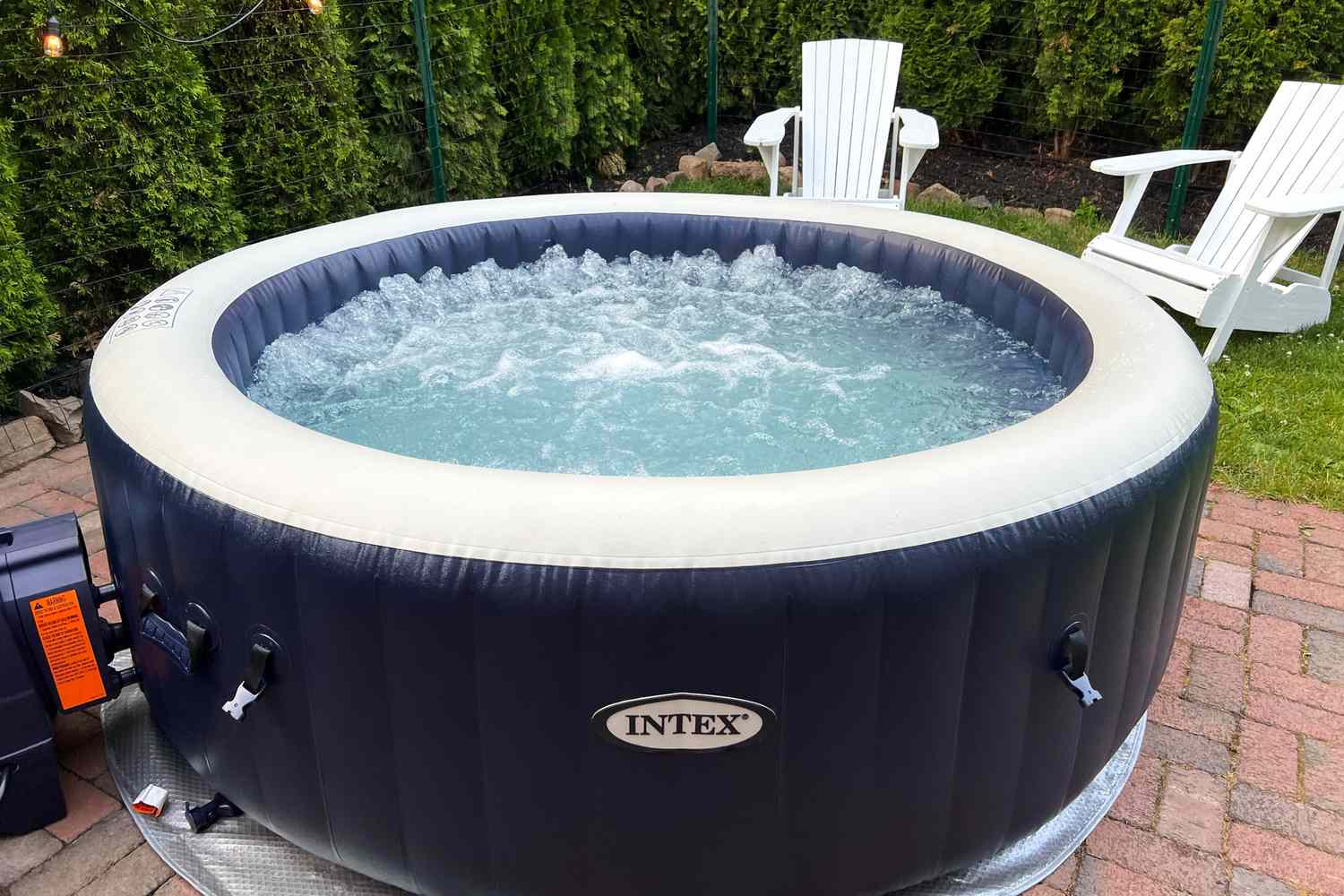

Pool & Spa Care
How Loud Is A Hot Tub
Modified: October 21, 2024
Discover the noise level of hot tubs and how to maintain a peaceful backyard oasis with our expert pool and spa care tips. Explore the perfect sound for your relaxation.
(Many of the links in this article redirect to a specific reviewed product. Your purchase of these products through affiliate links helps to generate commission for Storables.com, at no extra cost. Learn more)
Introduction
When you think of a hot tub, what comes to mind? Perhaps it's the soothing warmth, the relaxation, or the social gatherings with friends and family. However, have you ever considered the noise level of a hot tub? The sound of bubbling water and the hum of the jets can contribute to the overall ambiance, but it's essential to understand the impact of hot tub noise, especially in terms of relaxation and neighborhood tranquility.
In this article, we will delve into the world of hot tub noise, exploring the science behind decibels, the factors influencing hot tub noise levels, and practical tips for minimizing disruptive sounds. Whether you're a hot tub owner seeking a quieter soak or someone considering the purchase of a new spa, this guide will provide valuable insights into the often-overlooked aspect of hot tub relaxation: its noise level.
So, let's embark on a journey to uncover the secrets of hot tub acoustics and discover how to create a serene and peaceful hot tub experience for all.
Key Takeaways:
- Hot tub noise can impact relaxation and neighborhood tranquility. Understanding decibels and factors affecting noise levels can help create a serene spa environment for all.
- Practical tips, like regular maintenance and strategic placement, can reduce hot tub noise. Being mindful of noise levels fosters harmony with neighbors and promotes a peaceful spa experience.
Read more: How To Keep Hot Tub Hot In Winter
Understanding Decibels
Before delving into the specifics of hot tub noise, it’s crucial to grasp the concept of decibels. A decibel (dB) is a unit of measurement used to quantify the intensity of sound. This scale is logarithmic, meaning that each increase of 10 dB represents a tenfold increase in sound intensity. For example, a sound at 20 dB is 10 times more intense than a sound at 10 dB, and a sound at 30 dB is 100 times more intense than a sound at 10 dB.
When it comes to hot tubs, the sound of circulating water, bubbling jets, and the operation of the pump and heater all contribute to the overall noise level. Understanding decibel levels can help hot tub owners and potential buyers gauge the potential impact on their relaxation and the surrounding environment.
It’s important to note that prolonged exposure to high decibel levels can have adverse effects on hearing and overall well-being. The World Health Organization recommends that the average noise level in residential areas should not exceed 30 dB during the night to prevent negative health impacts. Therefore, being mindful of hot tub noise levels is not only considerate to neighbors but also essential for creating a peaceful and health-conscious spa environment.
As we continue our exploration of hot tub noise, keep in mind that decibels serve as a valuable measure for evaluating and managing the sound produced by hot tubs. Let’s now transition to the practical aspects of measuring hot tub noise levels and understanding the factors that influence them.
Measuring Hot Tub Noise Levels
Measuring the noise levels of a hot tub involves assessing the sound produced by its various components, such as the circulation pump, jets, and water movement. This process typically involves the use of a sound level meter, a device designed to capture and quantify environmental sound.
When using a sound level meter to measure hot tub noise, it’s important to consider the different operating modes of the spa. For instance, the noise level during normal filtration and heating cycles may differ from that during jet operation. By taking measurements under various conditions, owners can gain a comprehensive understanding of their hot tub’s overall noise profile.
Additionally, the location of the sound level meter plays a crucial role in obtaining accurate measurements. Placing the meter at different distances and positions around the hot tub can reveal how sound propagates and whether specific areas contribute more to noise dispersion. This information can guide hot tub owners in optimizing the placement of their spa to minimize noise impact on neighboring properties.
Once the measurements are obtained, they can be compared to established standards and guidelines to assess the hot tub’s noise level. This evaluation provides valuable insights into the potential impact on relaxation and the surrounding environment. Moreover, it can aid in identifying opportunities for noise reduction and soundproofing, ultimately enhancing the overall hot tub experience.
As we delve deeper into the realm of hot tub acoustics, understanding the process of measuring noise levels equips hot tub owners and prospective buyers with the knowledge needed to make informed decisions about their spa experience. Now, let’s explore the factors that influence hot tub noise levels and how they contribute to the overall auditory environment of a hot tub.
Factors Affecting Hot Tub Noise
Several factors contribute to the noise levels generated by a hot tub, influencing the overall auditory experience for users and those in the vicinity. Understanding these factors is crucial for managing and minimizing hot tub noise effectively.
- Equipment Quality: The design and construction of the hot tub’s components, such as the pump, motor, and jets, can significantly impact noise levels. High-quality, well-maintained equipment tends to operate more quietly, enhancing the overall tranquility of the spa experience.
- Water Flow and Pressure: The flow rate and pressure of water through the jets can affect the sound produced. Higher flow rates and pressures often result in louder jet noise, while adjustable settings on modern hot tubs allow users to customize the water flow to achieve a balance between massage effectiveness and noise levels.
- Installation and Surroundings: The installation location of the hot tub and its proximity to walls, fences, or other structures can influence how sound propagates. Additionally, the presence of acoustically reflective surfaces, such as nearby buildings or hard landscaping, can impact the perceived noise level.
- Maintenance and Lubrication: Proper maintenance, including regular lubrication of moving parts and periodic inspection of the hot tub’s components, can help minimize operational noise. Neglected or worn components may produce excessive noise, signaling the need for maintenance or replacement.
- Insulation and Cover Design: The insulation quality of the hot tub cabinet and the design of the cover can affect noise transmission. Well-insulated cabinets and covers with effective sealing mechanisms help contain operational sounds, contributing to a quieter spa environment.
By considering these factors, hot tub owners can take proactive measures to mitigate noise levels and optimize the overall auditory environment of their spa. Whether through equipment maintenance, thoughtful installation, or strategic usage adjustments, addressing these factors can lead to a more serene and enjoyable hot tub experience for all.
As we continue our exploration, we’ll now compare the noise levels of hot tubs to those of other common sounds, providing valuable context for understanding and contextualizing hot tub noise in everyday environments.
The noise level of a hot tub can vary depending on the model and the surrounding environment. Generally, hot tubs produce a sound level of around 60-70 decibels, which is similar to a normal conversation or background music. If noise is a concern, look for hot tub models with built-in sound insulation to reduce the sound level.
Comparing Hot Tub Noise to Other Common Sounds
Understanding the relative noise levels of hot tubs in comparison to everyday sounds can provide valuable context for assessing their impact on relaxation and the surrounding environment. Let’s explore how the sound produced by hot tubs compares to other common auditory experiences.
- Conversation at Home: A typical conversation at home registers at around 50-60 decibels. In contrast, the operational sounds of a well-maintained hot tub, such as the gentle hum of the pump and the soothing flow of water, often fall within the same range, contributing to a tranquil atmosphere conducive to relaxation and socializing.
- City Traffic: The bustling noise of city traffic can range from 70 to 85 decibels, significantly louder than the typical hot tub operation. This comparison highlights the relatively peaceful nature of hot tub sounds, especially in residential settings where mitigating noise impact is essential.
- Household Appliances: Common household appliances, such as dishwashers and washing machines, produce noise levels comparable to those of a hot tub. By understanding this parallel, hot tub owners can gain a practical perspective on managing and accommodating spa-related sounds within their living spaces.
- Outdoor Ambiance: Nature’s symphony, including rustling leaves, chirping birds, and gentle breezes, often registers at lower decibel levels than hot tub operation. However, the harmonious blend of natural sounds can complement the tranquil ambiance of a hot tub, creating a serene outdoor retreat.
By juxtaposing hot tub noise with familiar everyday sounds, individuals can appreciate the relative tranquility of hot tub operation while recognizing the importance of minimizing noise impact on the surrounding environment. This comparison underscores the potential for hot tubs to coexist harmoniously with daily auditory experiences, promoting relaxation and well-being without causing undue disturbance.
Now that we’ve contextualized hot tub noise within the broader spectrum of everyday sounds, let’s explore practical tips for reducing hot tub noise and enhancing the overall auditory environment for a more peaceful and enjoyable spa experience.
Read more: How A Hot Tub Works
Tips for Reducing Hot Tub Noise
For hot tub owners seeking to create a quieter and more serene spa environment, implementing strategies to minimize noise can significantly enhance the overall relaxation experience. Here are practical tips for reducing hot tub noise and optimizing the auditory environment:
- Regular Maintenance: Adhering to a routine maintenance schedule for your hot tub’s components, including the pump, jets, and motor, can help ensure smooth and quiet operation. Lubricating moving parts and promptly addressing any unusual sounds can prevent excessive noise and prolong the lifespan of the equipment.
- Strategic Placement: Consider the placement of your hot tub in relation to neighboring properties and outdoor living spaces. Optimal positioning can minimize noise transmission and create a more tranquil atmosphere. Additionally, strategic landscaping and the use of acoustic barriers, such as vegetation or sound-absorbing panels, can help mitigate noise impact.
- Insulation Upgrades: Enhancing the insulation of your hot tub cabinet and cover can effectively reduce noise transmission. Upgrading to high-quality, sound-absorbing materials and ensuring a snug-fitting, well-sealed cover can contain operational sounds, fostering a quieter spa environment.
- Adjusting Water Flow: Experiment with the settings of your hot tub’s jets to find a balance between massage effectiveness and noise levels. Fine-tuning the water flow and pressure can help achieve a soothing hydrotherapy experience while minimizing excessive jet noise.
- Consider Soundproofing: For hot tub installations in close proximity to living spaces or shared property boundaries, exploring soundproofing solutions can be beneficial. This may include the addition of acoustic insulation to surrounding structures or the installation of sound-dampening materials within the hot tub enclosure.
By implementing these tips, hot tub owners can proactively manage noise levels, create a more peaceful spa environment, and foster considerate coexistence with neighbors and surrounding spaces. These strategies not only contribute to a quieter and more enjoyable hot tub experience but also promote a harmonious relationship between relaxation and environmental mindfulness.
As we conclude our exploration of hot tub noise, it’s evident that with thoughtful consideration and practical measures, hot tub owners can cultivate a tranquil and soothing spa environment that enhances well-being and relaxation for all who indulge in its rejuvenating waters.
Conclusion
As we conclude our journey into the world of hot tub noise, we’ve gained valuable insights into the science of decibels, the process of measuring hot tub noise levels, and the factors influencing the auditory environment of spas. By comparing hot tub noise to everyday sounds and exploring practical tips for noise reduction, we’ve uncovered the potential for creating a serene and peaceful hot tub experience.
It’s clear that hot tub owners and prospective buyers can benefit from understanding and managing noise levels to optimize relaxation and considerate coexistence within their surroundings. By embracing the following key takeaways, individuals can elevate their hot tub experience while fostering harmony with their environment:
- Acoustic Awareness: Recognizing the impact of hot tub noise and its relative tranquility compared to everyday sounds empowers individuals to appreciate the auditory environment of their spa and make informed decisions about noise management.
- Proactive Measures: From regular maintenance and strategic placement to insulation upgrades and soundproofing considerations, implementing practical strategies can effectively reduce hot tub noise and enhance the overall tranquility of the spa environment.
- Environmental Mindfulness: By prioritizing thoughtful noise management, hot tub owners demonstrate consideration for their neighbors and the surrounding community, fostering a harmonious coexistence that promotes relaxation and well-being for all.
Ultimately, the journey to a quieter and more enjoyable hot tub experience begins with understanding the nuances of hot tub noise, embracing practical solutions, and cultivating a mindful approach to auditory tranquility. Whether unwinding after a long day or sharing moments of relaxation with loved ones, a serene hot tub environment sets the stage for rejuvenation and blissful escape.
As you embark on your hot tub journey, may these insights guide you in creating an oasis of tranquility, where the soothing waters and gentle whispers of your spa harmonize with the world around you, fostering moments of pure relaxation and well-deserved serenity.
If you've enjoyed learning about hot tub noise levels, you'll love our next guide on sprucing up your deck. Our latest article offers vibrant decor tips and simple enhancements to transform any deck into a haven for outdoor living. Whether looking to host summer barbecues or unwind after a long day, these practical suggestions ensure your outdoor space is both welcoming and stylish.
Frequently Asked Questions about How Loud Is A Hot Tub
Was this page helpful?
At Storables.com, we guarantee accurate and reliable information. Our content, validated by Expert Board Contributors, is crafted following stringent Editorial Policies. We're committed to providing you with well-researched, expert-backed insights for all your informational needs.
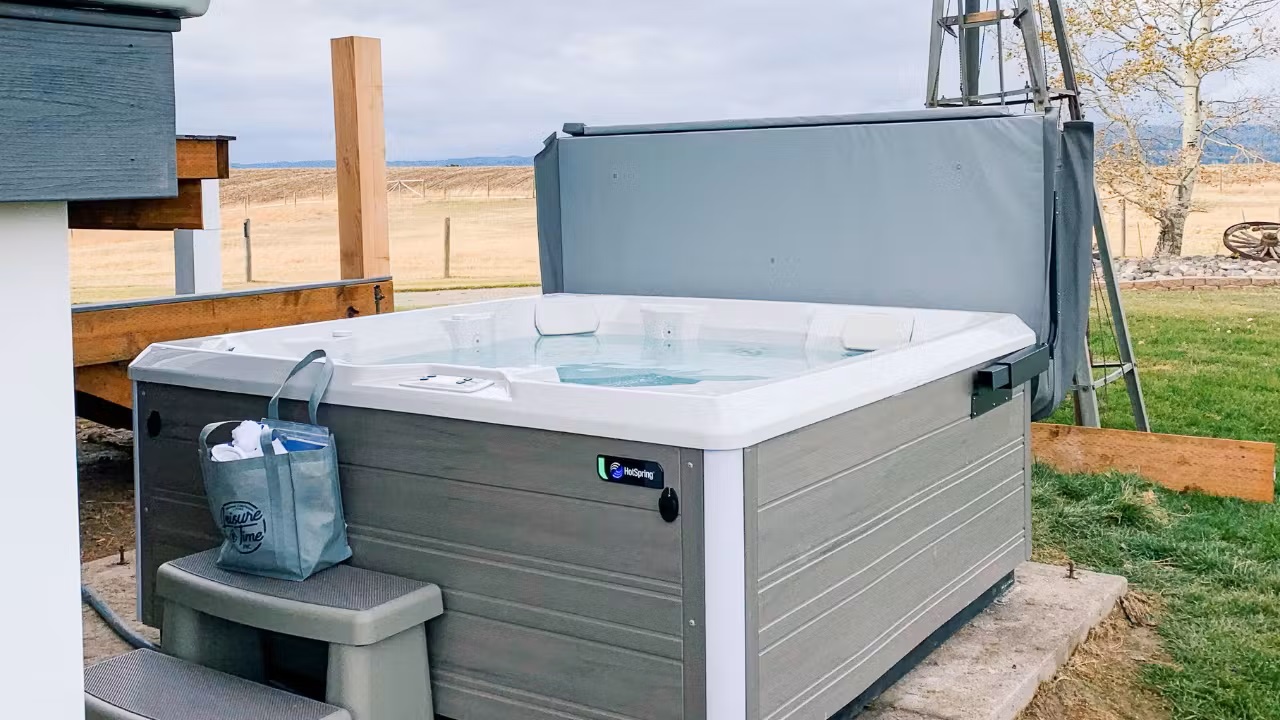
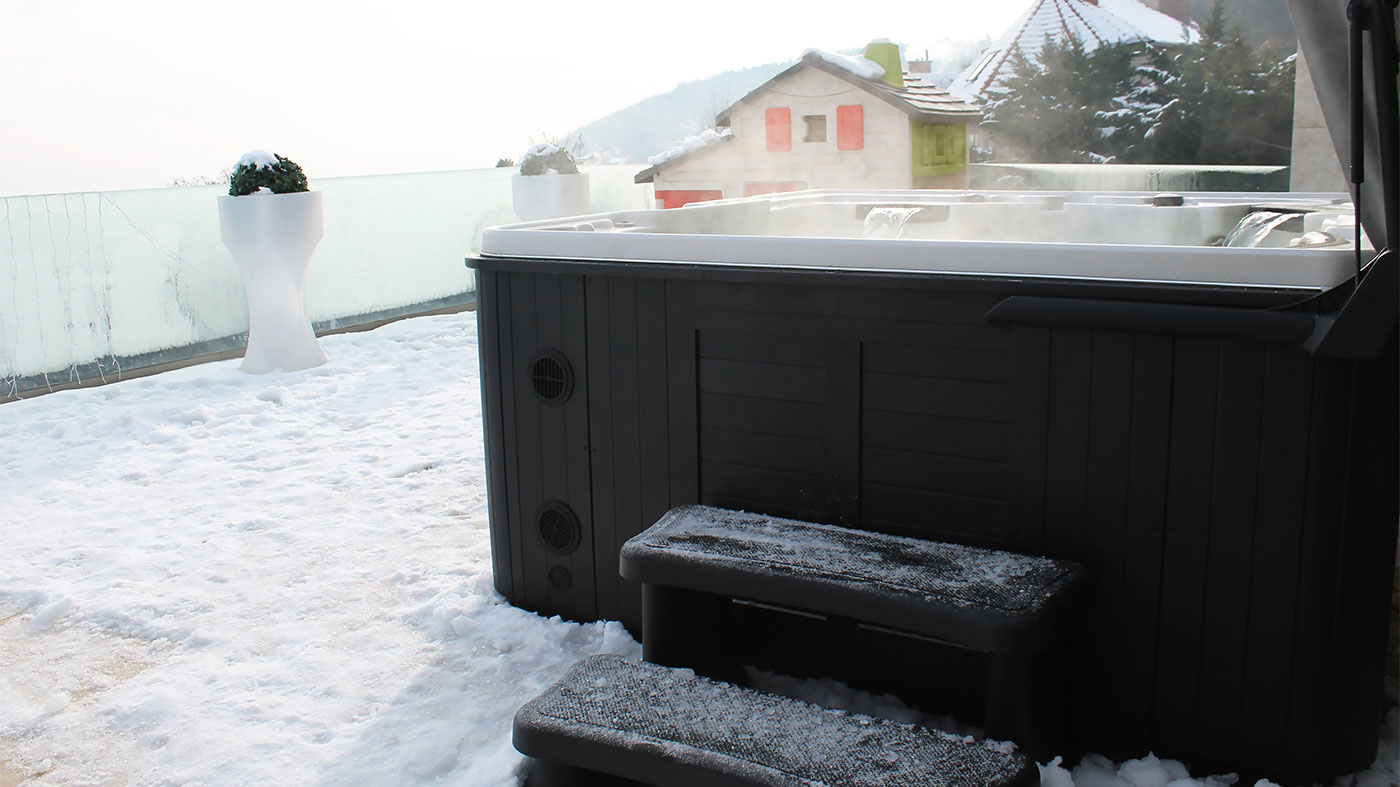
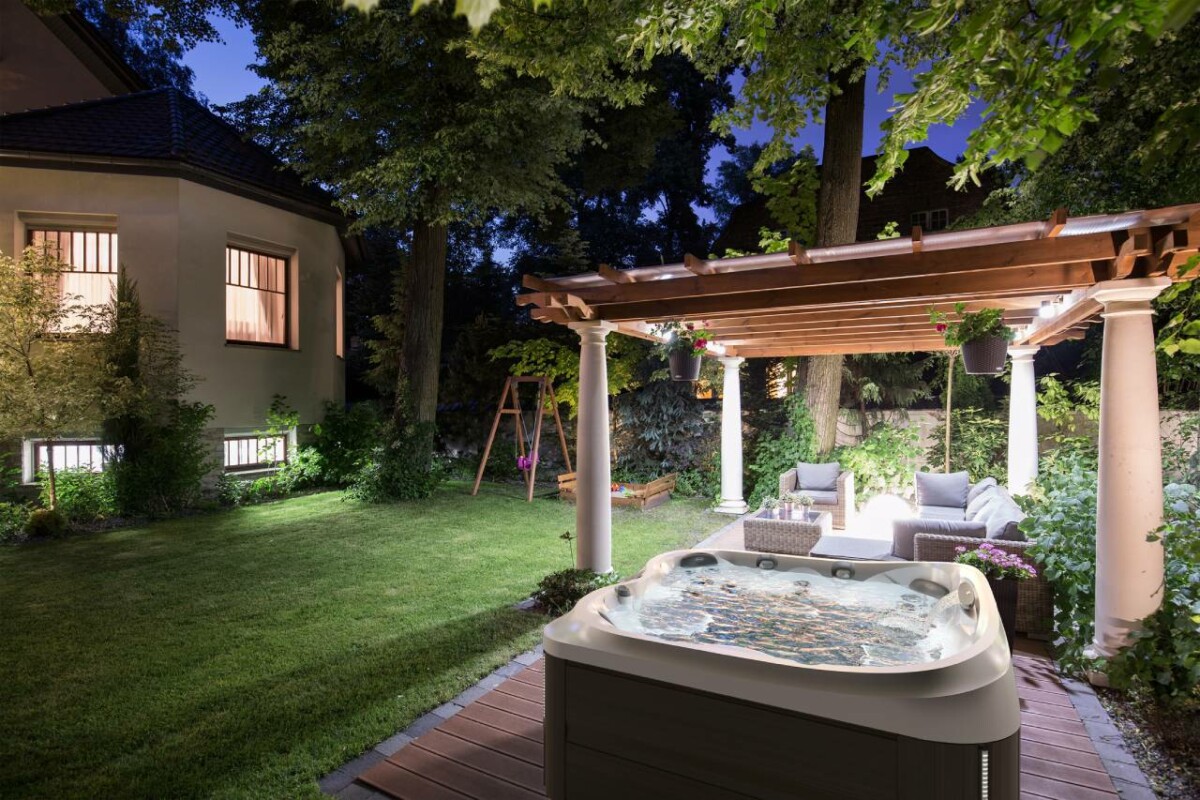
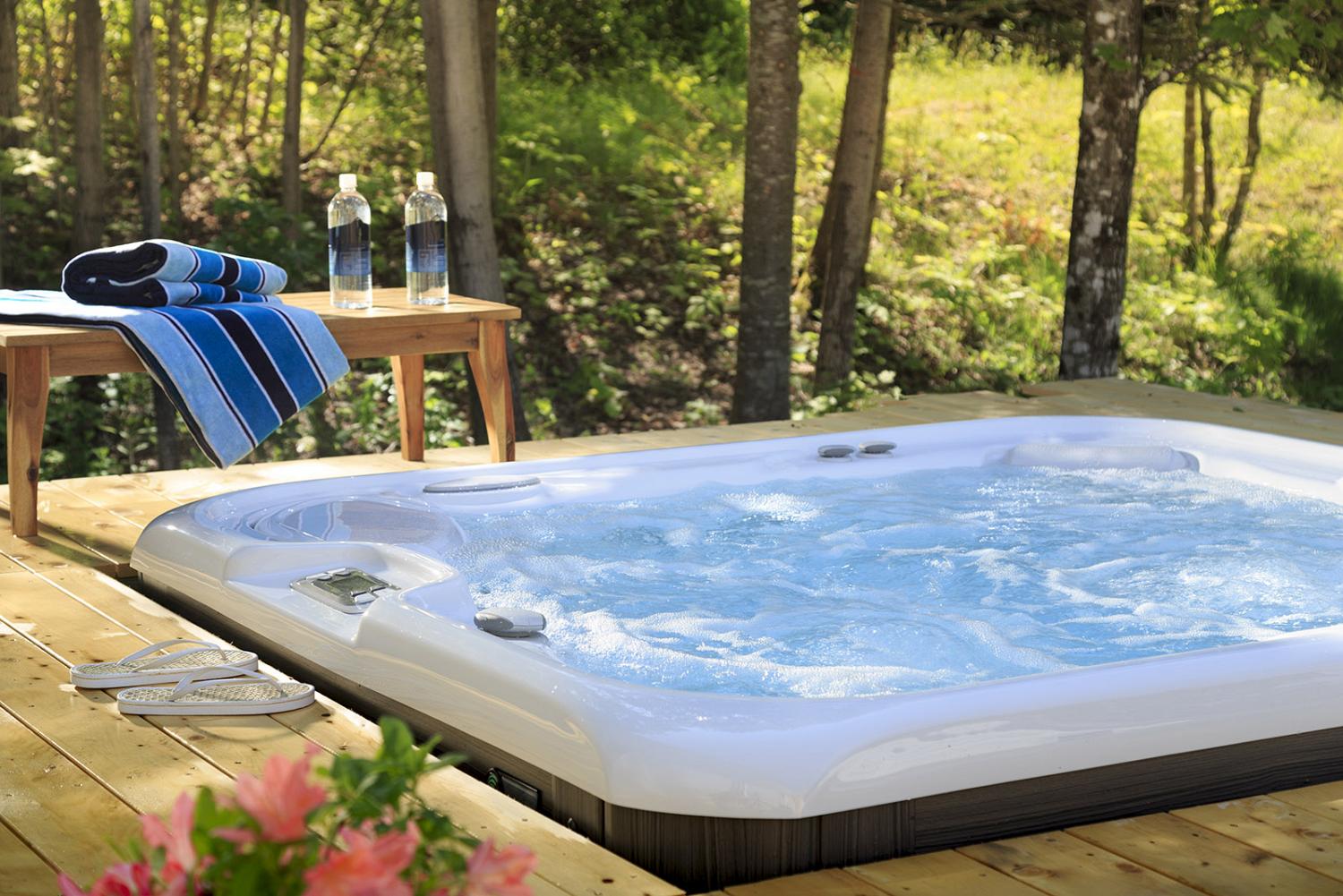
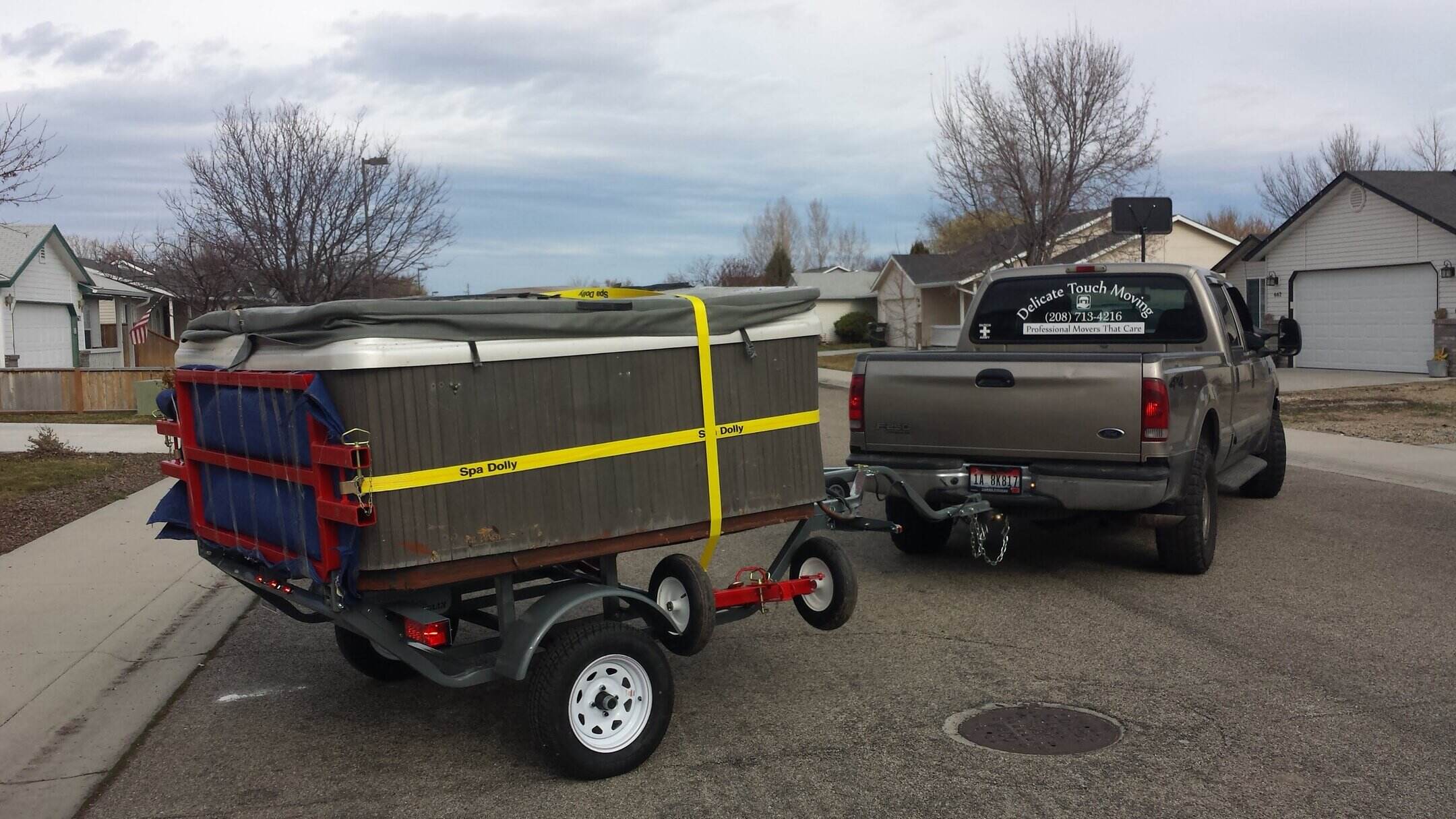
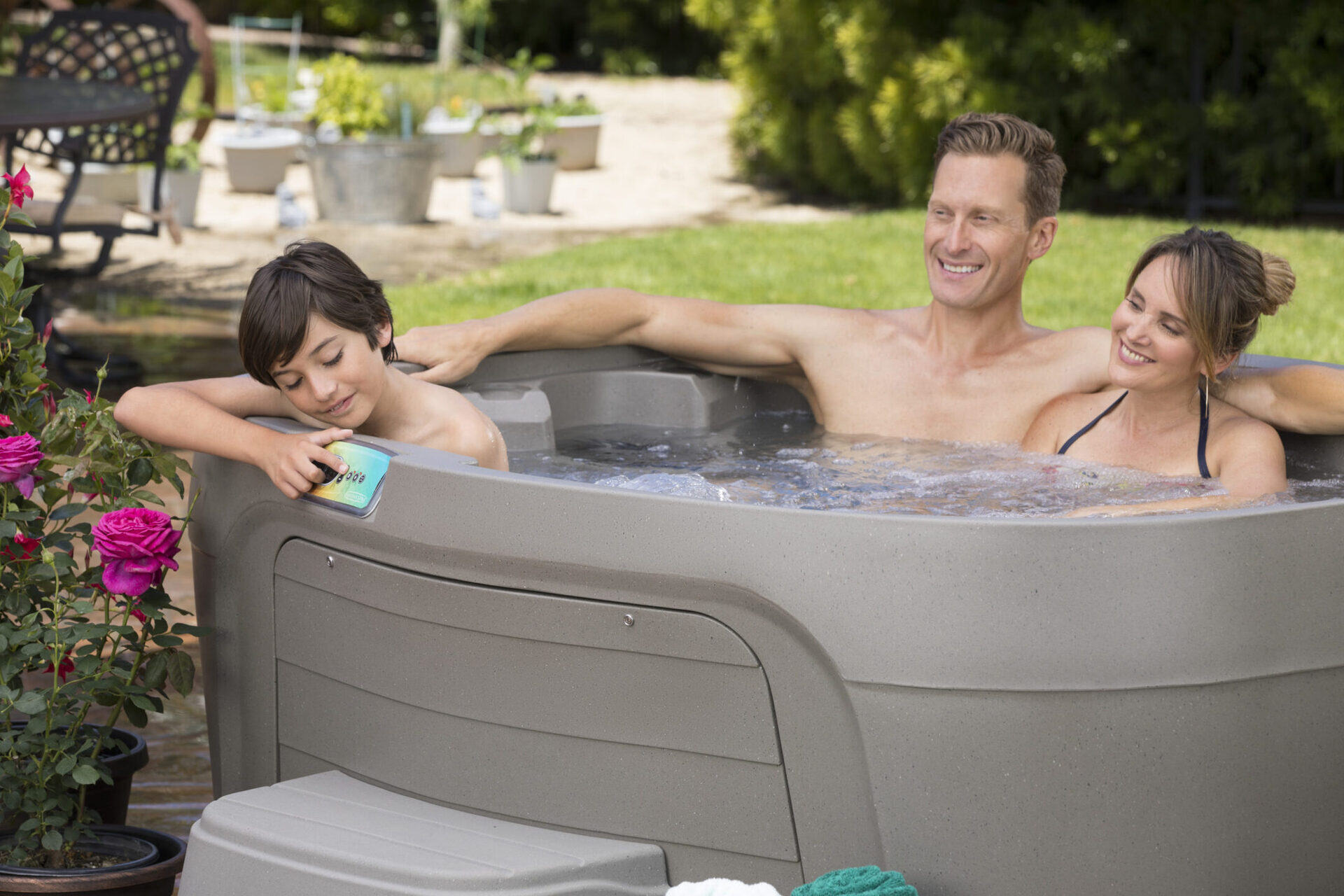
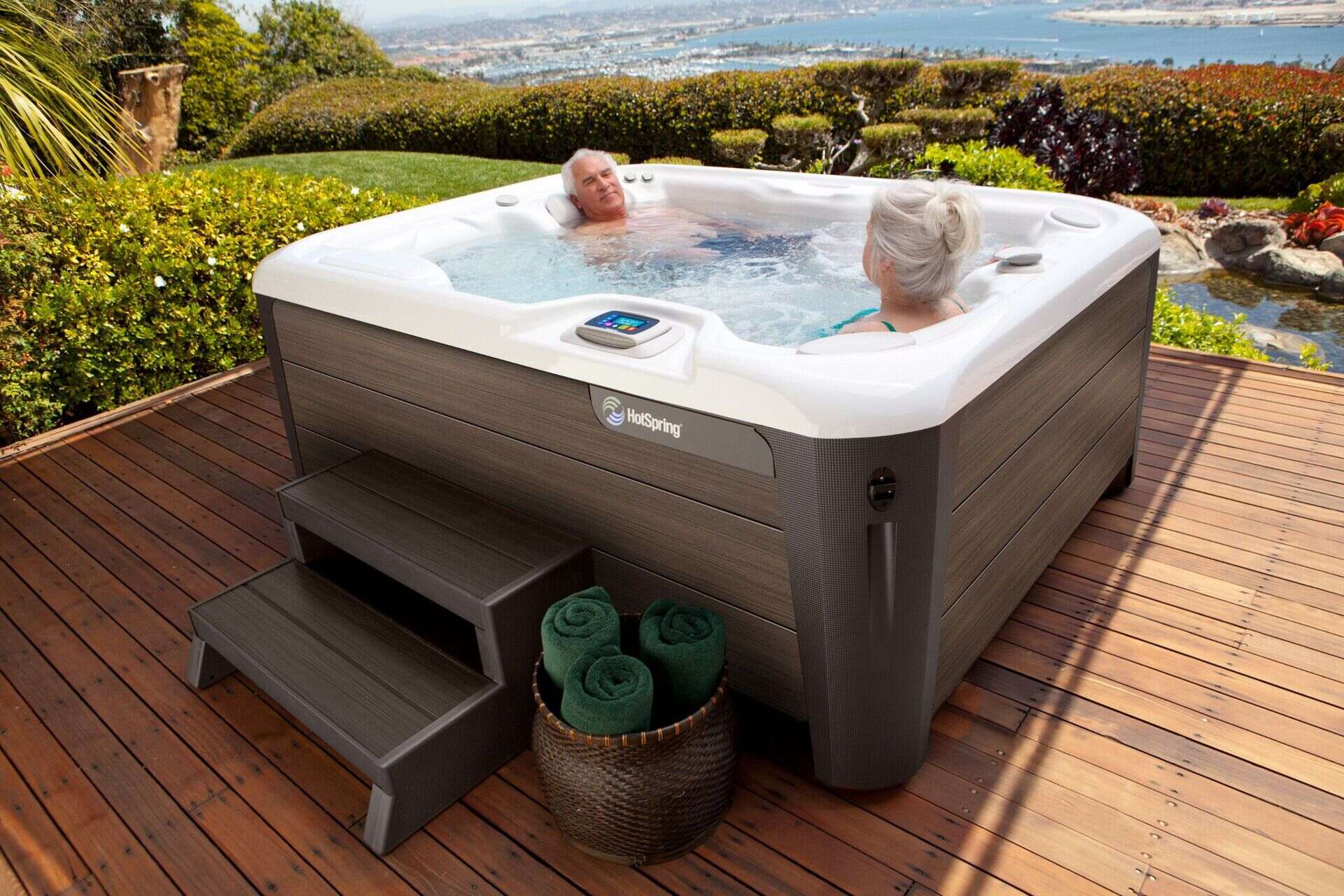
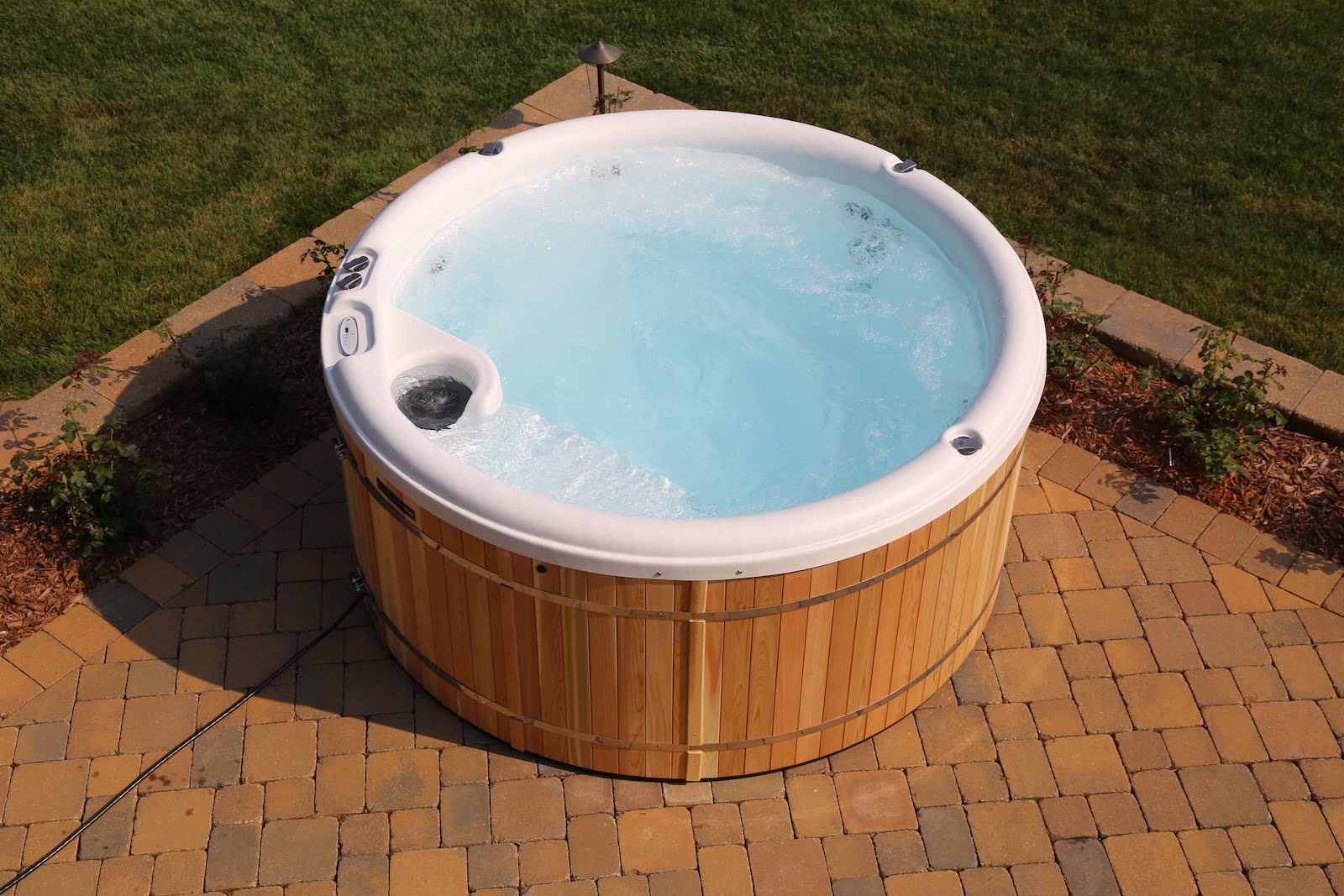
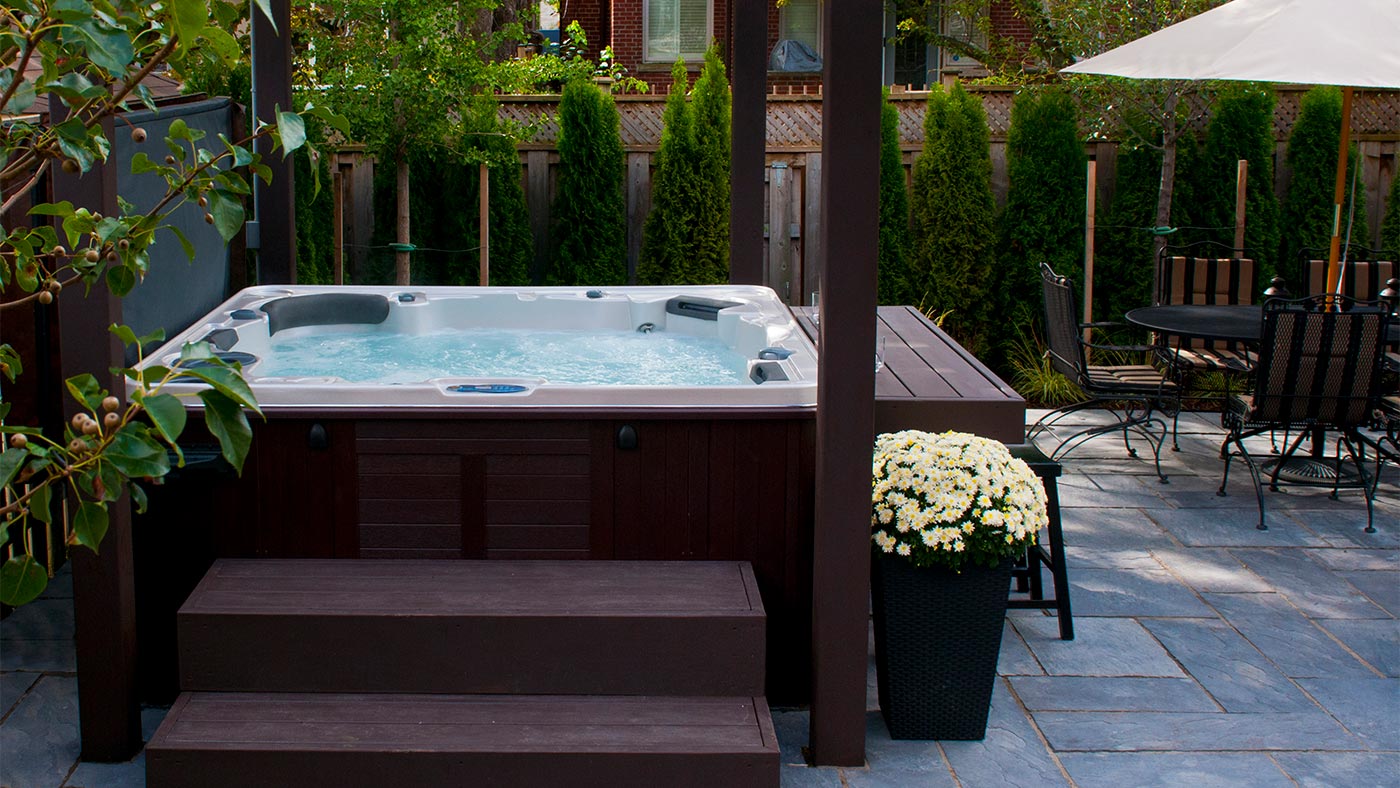
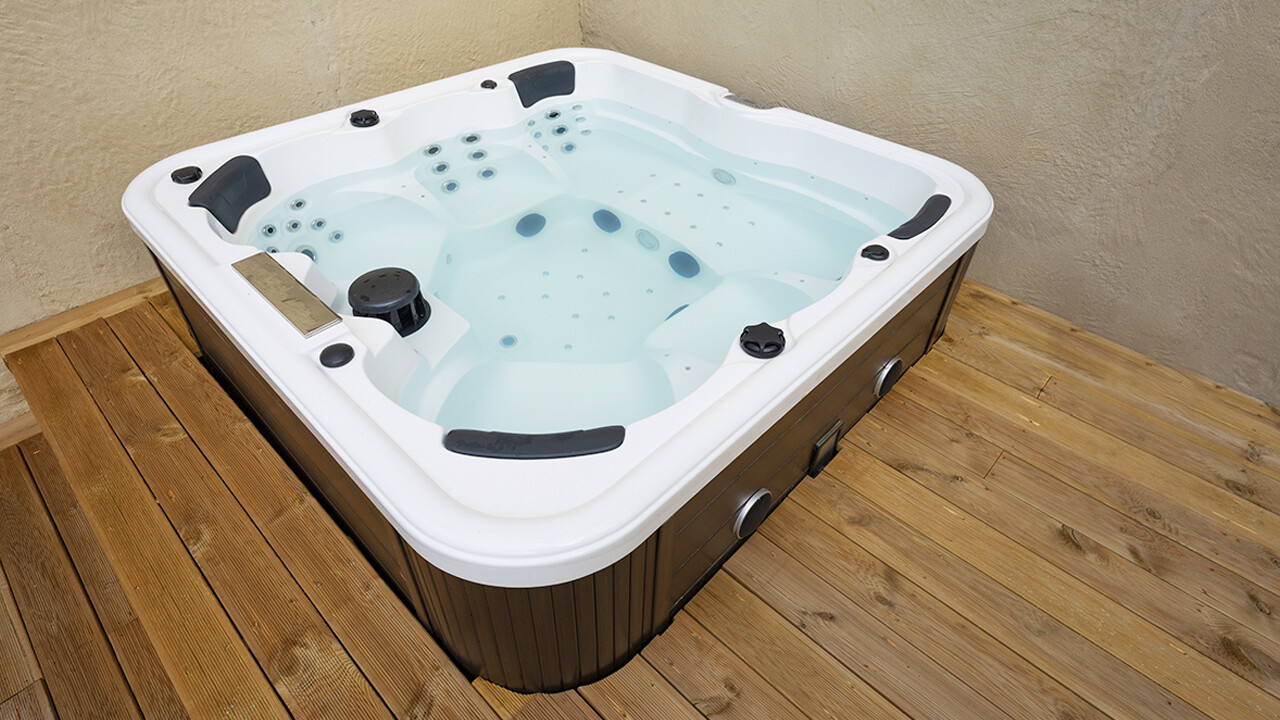
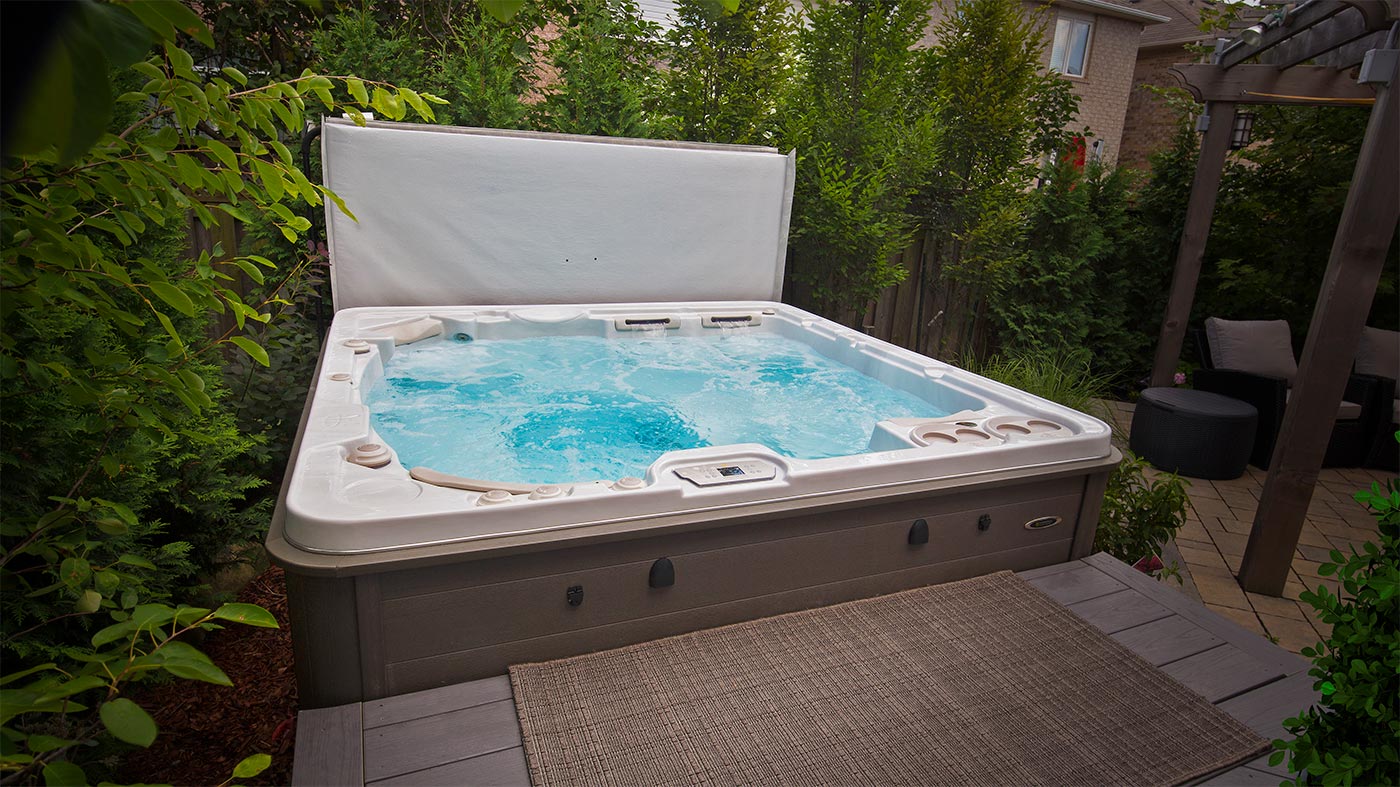
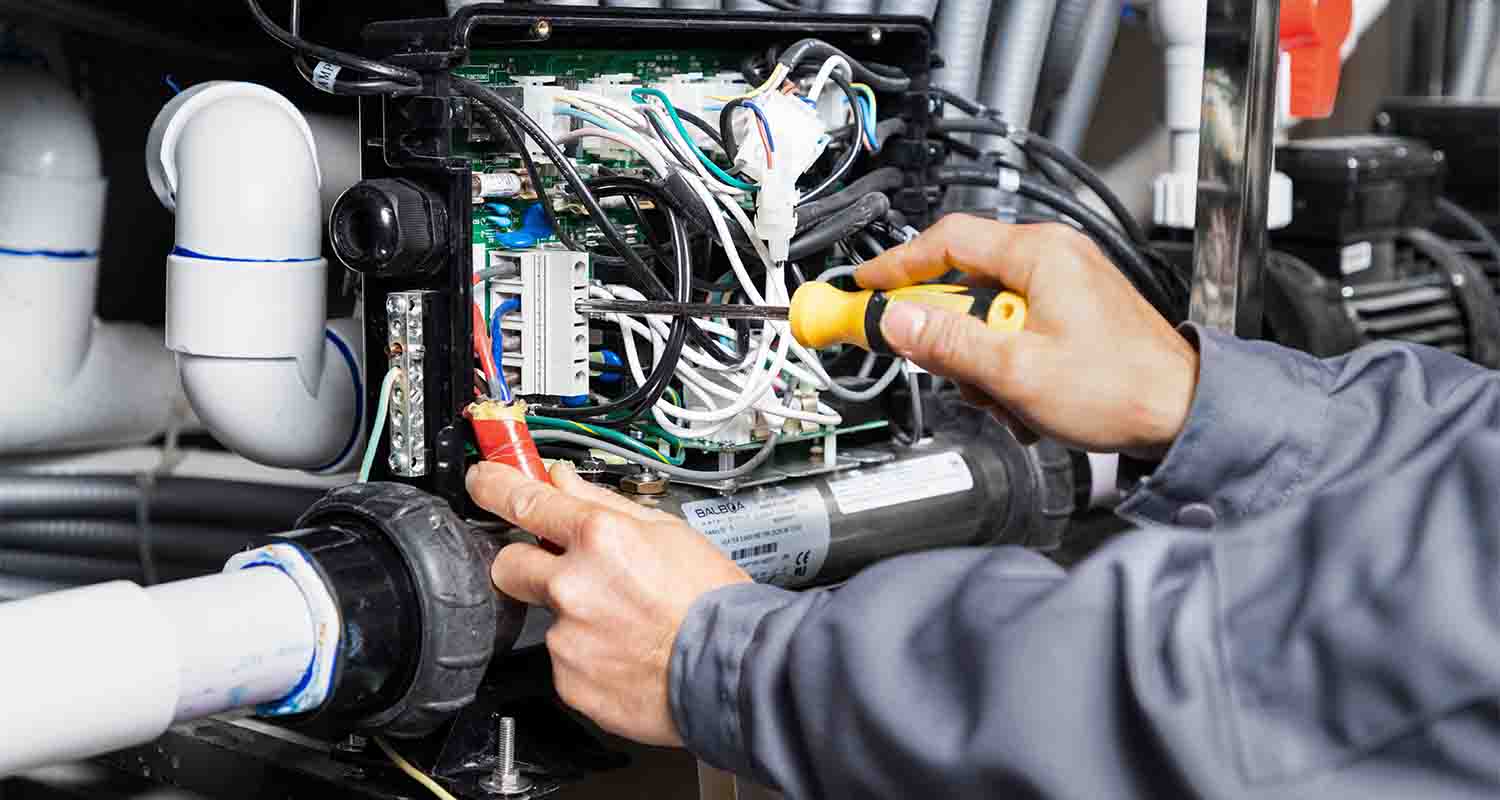
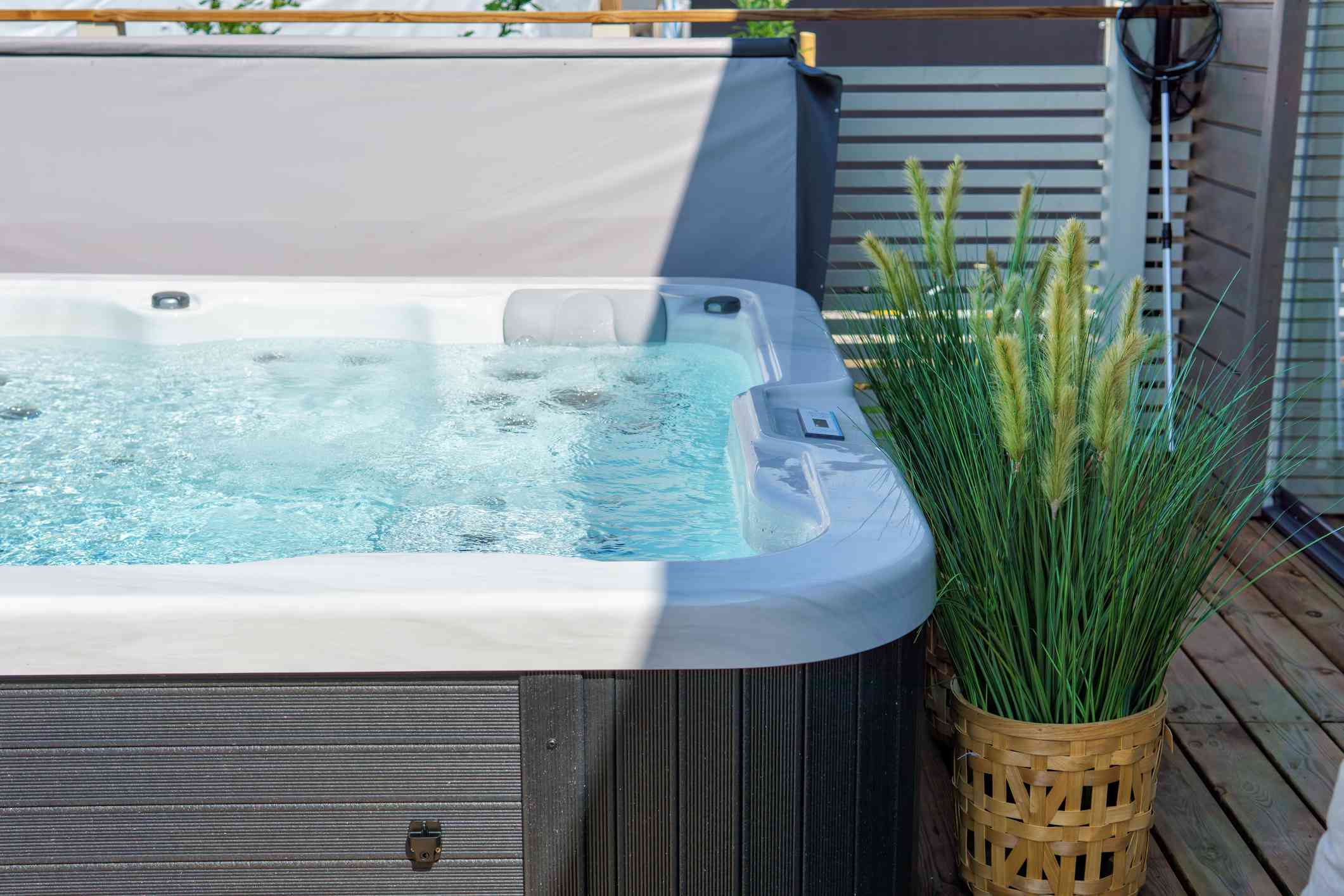
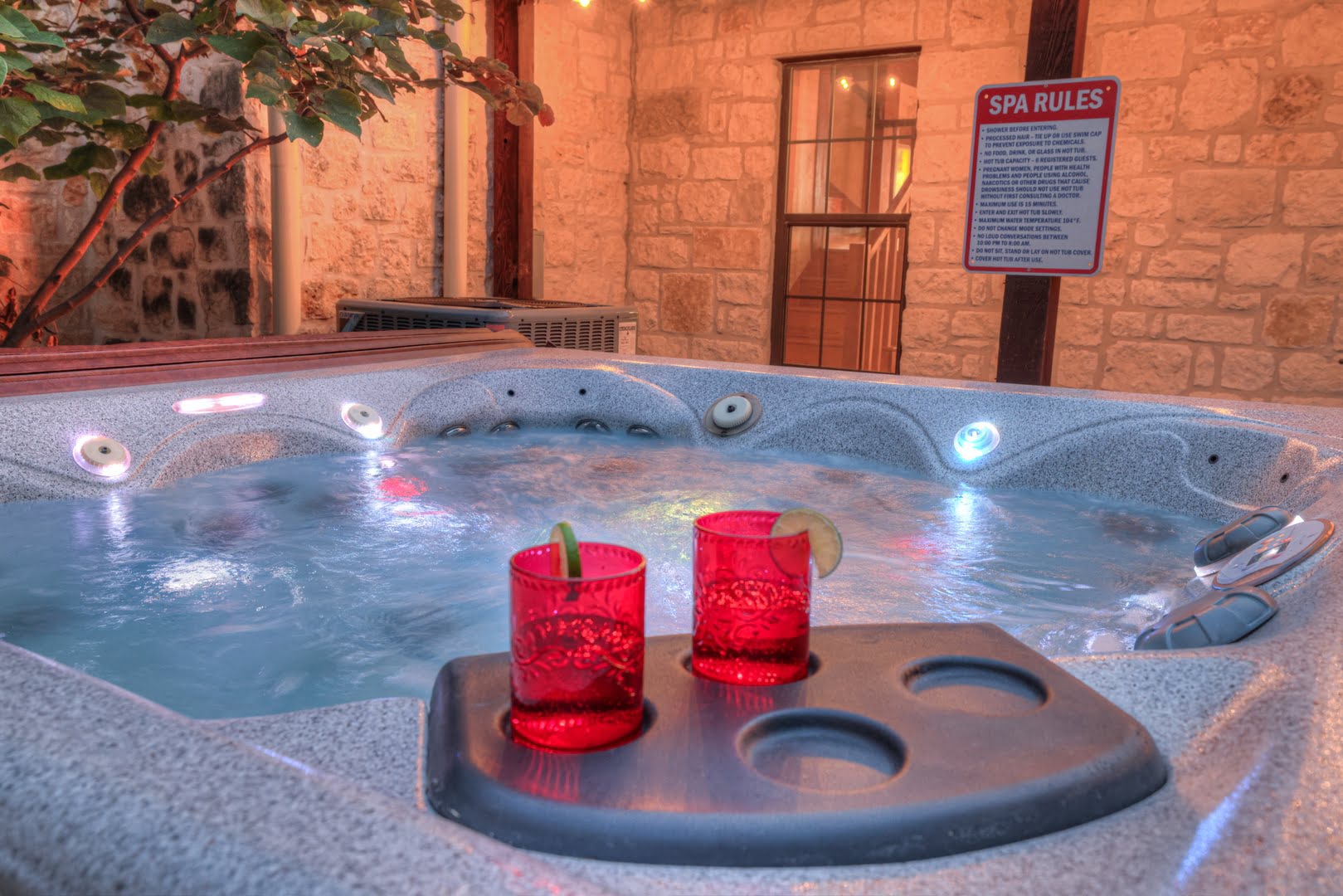

0 thoughts on “How Loud Is A Hot Tub”